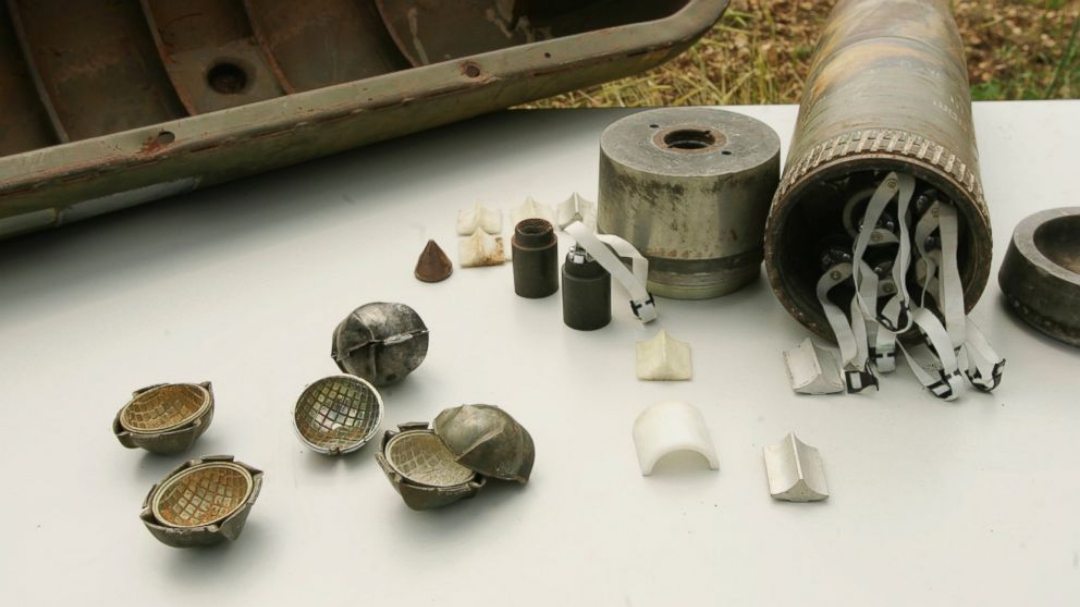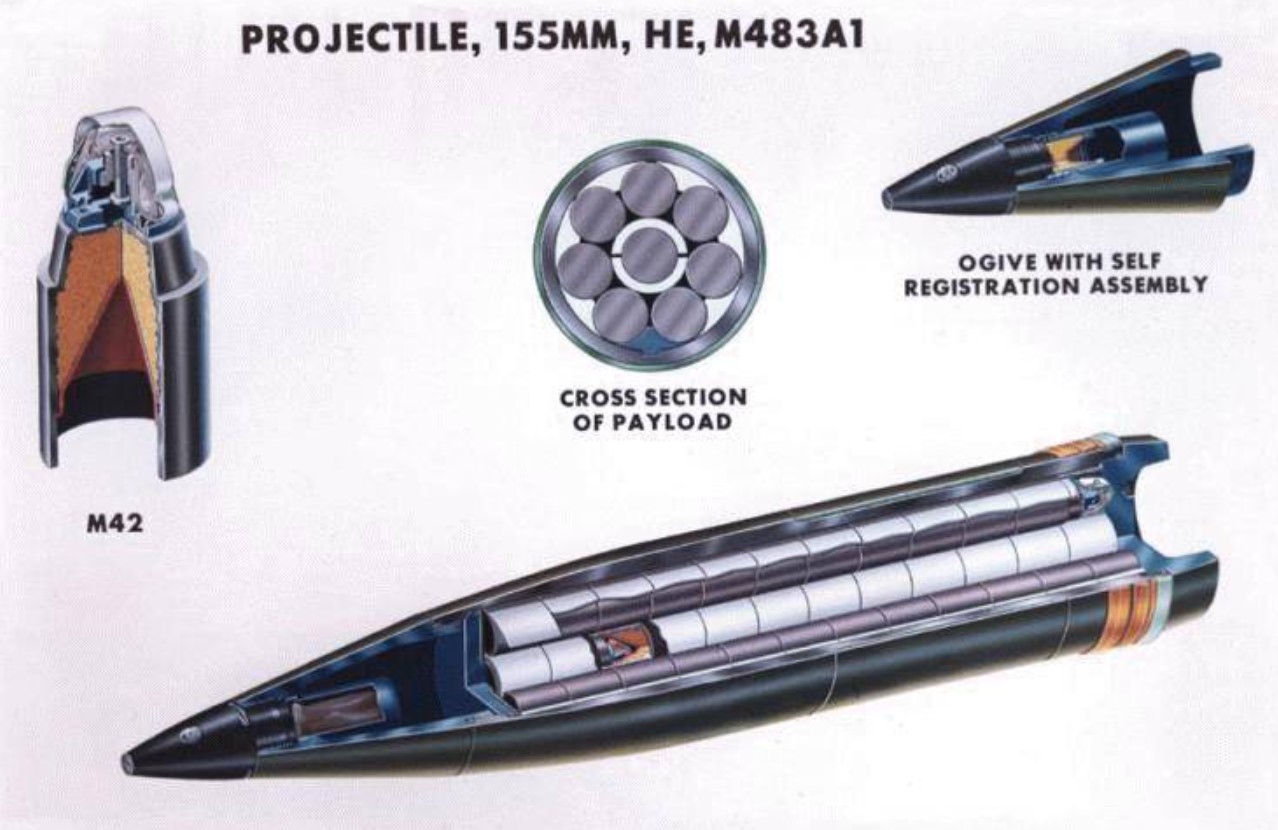Lithuania Withdraws from Cluster Munitions Ban, Citing Security Concerns
6 March, 2025 155-mm cluster munition M483A1 and its submunitions M42 and M46, Southern Sahara, 2013 Lithuania has officially withdrawn from the international convention that prohibits the purchase, use, and production of cluster munitions. LRT has reported on the issue.
The country's parliament voted on July 18, 2024, to exit the treaty. The decision took effect on March 6, 2025, following the required six-month waiting period after Lithuania submitted its withdrawal documents to the United Nations. Lithuanian officials justified the move by pointing to Russia's use of such munitions and the need to employ all available means for defense.
 Cluster artillery munition. Image: Mark Renders/Getty Images
Cluster artillery munition. Image: Mark Renders/Getty Images
During the vote in the Seimas, Defense Minister Laurynas Kasciunas, one of the initiators of the withdrawal from the treaty, stated that the move was motivated by the changing geopolitical situation in the country. He also assured parliamentarians that modern cluster munitions are safer and their impact can be controlled.
Following its withdrawal, Lithuania intends to procure cluster munitions purchased in cooperation with its allies.
Lithuania is also considering the possibility of withdrawing from the Ottawa Treaty and promises to make a decision within a few months.
Cluster munitions
Cluster munitions contain submunitions designed to destroy enemy personnel and equipment.
 155mm M438A1 cluster munition and its design
155mm M438A1 cluster munition and its design
However, some fail to detonate on impact, posing long-term risks to civilians.
For this reason, cluster munitions are considered extremely dangerous for the civilian population, and their use is restricted under an international treaty.